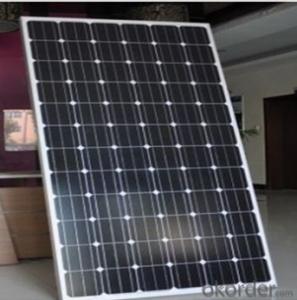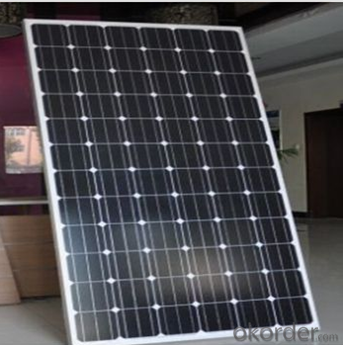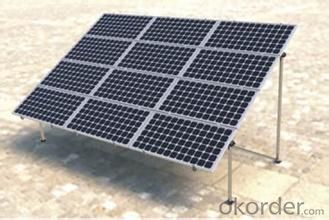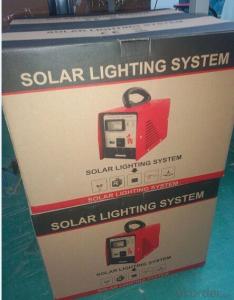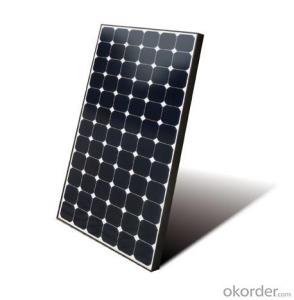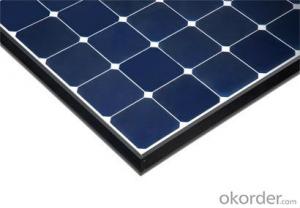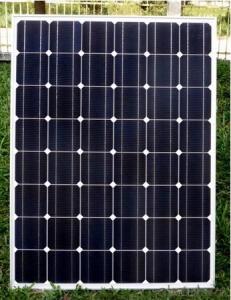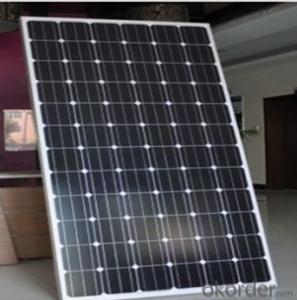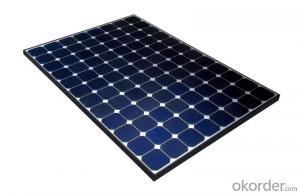5000w On Grid Solar Energy Systems - TÜV UL CE Approved Solar Home Solution
- Loading Port:
- China main port
- Payment Terms:
- TT OR LC
- Min Order Qty:
- 1 pc
- Supply Capability:
- 100 pc/month
OKorder Service Pledge
OKorder Financial Service
You Might Also Like
Specification
5000W Solar Home Solution Approved by TUV UL CE
Production description
PV array:
Convert sunlight instantly into DC electric power. Formed by the solar modules (also called photovoltaic
modules) in accordance with the system requirements for series and parallel.
Solar charge controller:
Battery banks:
Stores energy when there is an excess coming in and distribute it back out when there is a demand. Solar
PV panels continue to re-charge batteries each day to maintain battery charge.
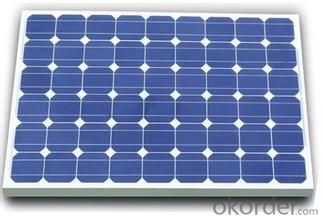
Feature
1.High conversion efficiencies resulting in superior power output performance.
2.Outstanding power output even in low light or high temperature conditions
3.Optimized design for ease of soldering and lamination
4.Long-term stability,reliability and performance
5.Low breakage rate
6.Color uniformaity
Physical characteristic
1. Rigorous quality control meets the highest international standards.
2. High-transmissivity low-iron tempered glass, strong aluminium frame.
3. Using UV-resistant silicon.
4. IS09001/14001/CE/TUV/UL
- Q: Can solar energy systems be used in areas with limited water supply?
- Yes, solar energy systems can be used in areas with limited water supply. Solar energy systems, such as photovoltaic panels, do not require water for their operation. Unlike other forms of energy generation like thermal power plants, which rely on water for cooling and steam generation, solar energy systems can function efficiently with no or minimal water usage. This makes solar energy a viable and sustainable option for areas facing water scarcity or limited water supply.
- Q: Can a solar energy system be installed in a desert environment?
- Solar energy systems can indeed be installed in desert environments. In fact, deserts are considered optimal for solar energy installations due to their ample sunlight and minimal cloud cover. The abundance of solar radiation in deserts makes them exceptionally efficient for generating electricity with solar panels. Additionally, the vast open spaces in deserts offer plenty of land for large-scale solar power plants. Moreover, the arid conditions in deserts contribute to the longevity and durability of solar panels, as they are less susceptible to damage from moisture or extreme weather conditions. All in all, the combination of wide open spaces, high solar radiation, and dry climate render deserts an ideal setting for installing solar energy systems.
- Q: Can solar energy systems be installed in apartments or condominiums?
- Yes, solar energy systems can be installed in apartments or condominiums. However, the feasibility of installation may depend on various factors such as available roof space, structural considerations, and the willingness of the building management or homeowners association to accommodate the installation. In some cases, shared solar or community solar programs may be options for residents who cannot install solar panels on their individual units.
- Q: Can solar energy systems be used in areas with limited government support?
- Yes, solar energy systems can be used in areas with limited government support. In fact, solar energy can be a viable solution for regions with limited infrastructure and government services. Off-grid solar systems can provide electricity to remote areas where grid connectivity is not available or reliable. Additionally, the decreasing cost of solar panels and advancements in battery storage technologies make it more feasible for individuals and communities to adopt solar energy systems, even in areas with limited government support.
- Q: Can solar energy systems be used in powering printing presses or publishing houses?
- Yes, solar energy systems can be used to power printing presses or publishing houses. Solar panels can generate electricity from sunlight, which can be used to power the various equipment and machinery required in printing or publishing processes. Additionally, solar energy systems can help reduce electricity costs and environmental impact, making them a sustainable and viable option for powering these operations.
- Q: Can solar energy systems be used in powering construction sites or temporary structures?
- Yes, solar energy systems can definitely be used to power construction sites or temporary structures. Solar panels can be installed on rooftops or mounted on the ground to harness sunlight and convert it into electricity. This renewable energy source can provide a reliable and sustainable power supply for various construction activities, including lighting, equipment operation, and temporary office setups. Additionally, solar energy systems can be easily transported and set up at different locations, making them ideal for powering temporary structures, such as mobile offices or worker accommodation.
- Q: Can solar energy systems be used to power an entire home?
- Yes, solar energy systems can be used to power an entire home. With the right setup and sufficient solar panels, a solar energy system can generate enough electricity to meet the energy needs of a household. This can include powering appliances, lighting, heating, cooling, and other electrical devices in a home.
- Q: How does the efficiency of solar panels vary between manufacturers?
- The efficiency of solar panels can vary between manufacturers due to differences in the materials used, manufacturing processes, and overall design. Some manufacturers may use higher-quality materials and advanced technologies, resulting in more efficient panels that can convert a higher percentage of sunlight into electricity. Additionally, variations in the size, shape, and arrangement of solar cells can also impact efficiency. Therefore, it is important to consider the reputation, research, and testing conducted by different manufacturers when comparing the efficiency of solar panels.
- Q: How do solar energy systems impact energy consumption patterns?
- Solar energy systems can have a significant impact on energy consumption patterns by reducing reliance on traditional fossil fuel sources. These systems generate clean and renewable energy, which can be used to power homes, businesses, and even entire communities. By harnessing the power of the sun, solar energy systems help decrease the overall demand for electricity from the grid, leading to a more sustainable and environmentally friendly energy consumption pattern.
- Q: How do solar energy systems impact the grid?
- Solar energy systems have a positive impact on the grid by reducing the overall demand for electricity from traditional sources. They generate clean and renewable energy, which can be fed back into the grid, reducing the reliance on fossil fuel-based power plants. This helps in reducing greenhouse gas emissions and promoting a more sustainable energy mix. However, the intermittent nature of solar power can create challenges for grid operators in managing fluctuations in supply and demand, requiring efficient grid management and energy storage solutions.
Send your message to us
5000w On Grid Solar Energy Systems - TÜV UL CE Approved Solar Home Solution
- Loading Port:
- China main port
- Payment Terms:
- TT OR LC
- Min Order Qty:
- 1 pc
- Supply Capability:
- 100 pc/month
OKorder Service Pledge
OKorder Financial Service
Similar products
Hot products
Hot Searches
Related keywords
